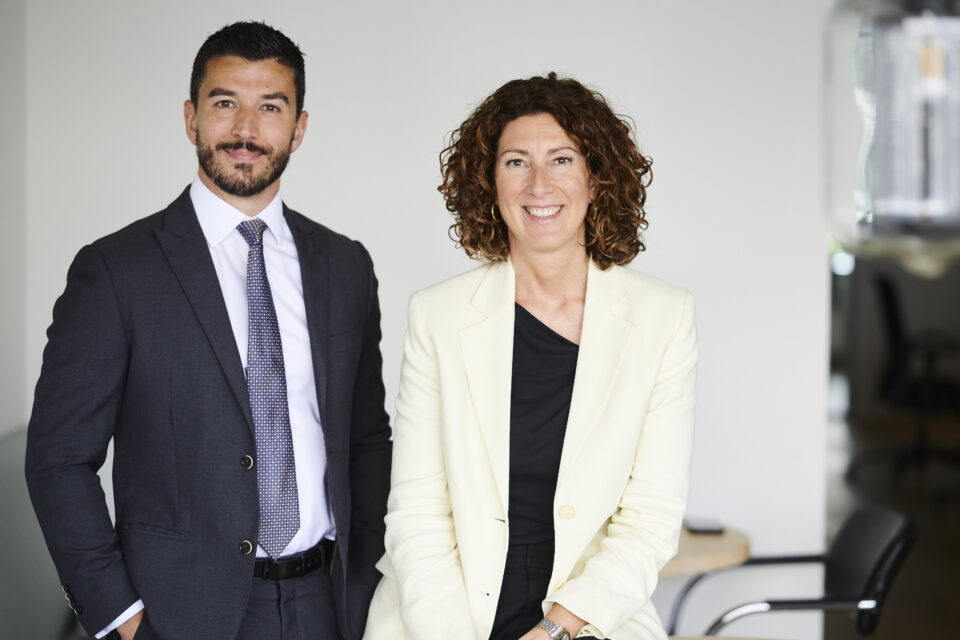The job market for public affairs has undergone significant change in recent years, as it has for many sectors since the start of the Covid-19 crisis. While many changes have been provoked or accentuated by the global pandemic – such as conversations around remote work or hybrid office arrangements – other trends and developments can trace their start to before the outbreak, driven by deeper sectoral changes and growing independently of the unique situation we find ourselves in.
New ways of working, centred on the way we connect with others and the diversity of relevant stakeholders we are expected to engage with, remain one of the most far-reaching changes catalysed by Covid. Whether in a hybrid or fully virtual setting, practitioners have been obliged to re-evaluate outreach and communications, both internally – within our own organisations – and externally – across industries, social spheres, and political institutions and actors.
On the other hand, one prominent example of a pre-pandemic trend persisting through the crisis is the greater pace of policy-making, which began to accelerate even before Covid super-charged certain dossiers. In a faster moving political environment, and a higher degree of interconnectedness between policy spheres, demands within the public affairs sphere have been reshaped by the evolving needs of actors across the board.
Taking these trends together is where the scope of change truly comes into focus, however, as an increasingly fast-paced political environment collides with hybrid or virtual tools and norms, multiplying the number of connections that are possible and raising the bar for what constitutes robust stakeholder engagement. Coupled with a deeper shift in the values and expectations of new generations of talent, which increasingly seek personal and professional alignment in career choices, the PA job market is changing ways that will have profound consequences for both practitioners and the policy landscape in which they operate.
This present – and future – trajectory can be clearly seen in the area of sustainability, which represents not only a high-priority, high-visibility issue with horizontally cross-cutting relevance, but a set of more abstract values which carry weight for PA practitioners. At the macro level, discourse among political and civil society stakeholders has increased in a relatively short period of time, while also bringing specialists – such as ESG professionals – together with representatives from difference disciplines and spheres of interest, including finance, environment, social policy, and many more. With potentially far-reaching consequences for many sectors, the advocacy needed to make one’s voice heard highlights both the necessity, and the shortcomings, of the new ways of working. Virtual advocacy has opened new channels of engagement essential to the broader, more horizontal nature of policy discussions, while the absence of traditional in-person relationship building and the decentralization of work places and processes have changed the nature of the playing field itself.
At the individual level – and not just for those working on the topic – sustainability has become a central word for how many perceive their own careers, in particular in how it relates to their private life and overall well-being: elements such as mental health, balance, financial remuneration, intellectual stimulation, meaningful challenges, and physical health are increasingly seen as equal priorities. Coupled with a pandemic-induced deconstruction of the physical separation between office and home, it is psychologically harder to separate individual priorities and ideals from our professional objectives. This phenomenon extends not only to the issues we work on, but to the organisations for which we work, as the increasingly overlapping spheres of our lives allow us to project a common vision across all of them. In practical terms, this means that individuals pay much more attention to their own values from the perspective of their professional choices i.e. will a given organisation and job allow me to have time to spend with my friends and family? Does the organisation I work for respect the environment? Ethical aspects come under the spotlight and much more; this reflection on the current and candidate practitioners is also pushing organisations to rethink how they approach these issues, and whether or not they see themselves as actors in this space, or attempt to exist outside the changing landscape.
From the perspective of strategic recruitment, there is not much of a choice in how to answer this question: it is not only advisable, but necessary, to assimilate principles of sustainability – in all its meanings – into the way an organisation operates for it to remain dynamic and competitive in the future job market. Whether or not they work on related policy issues, the candidates that will empower PA success will increasingly seek out organisations that reflect their own broader view of themselves. Just as sustainability increasingly bleeds into other policy spheres, career decisions are no longer weighed in an exclusively professional balance, and in an increasingly candidate-driven market [see previous article], the organisations which embrace a holistic view alongside that of their individual employees will prove themselves the best positioned for future success into the long-term.


